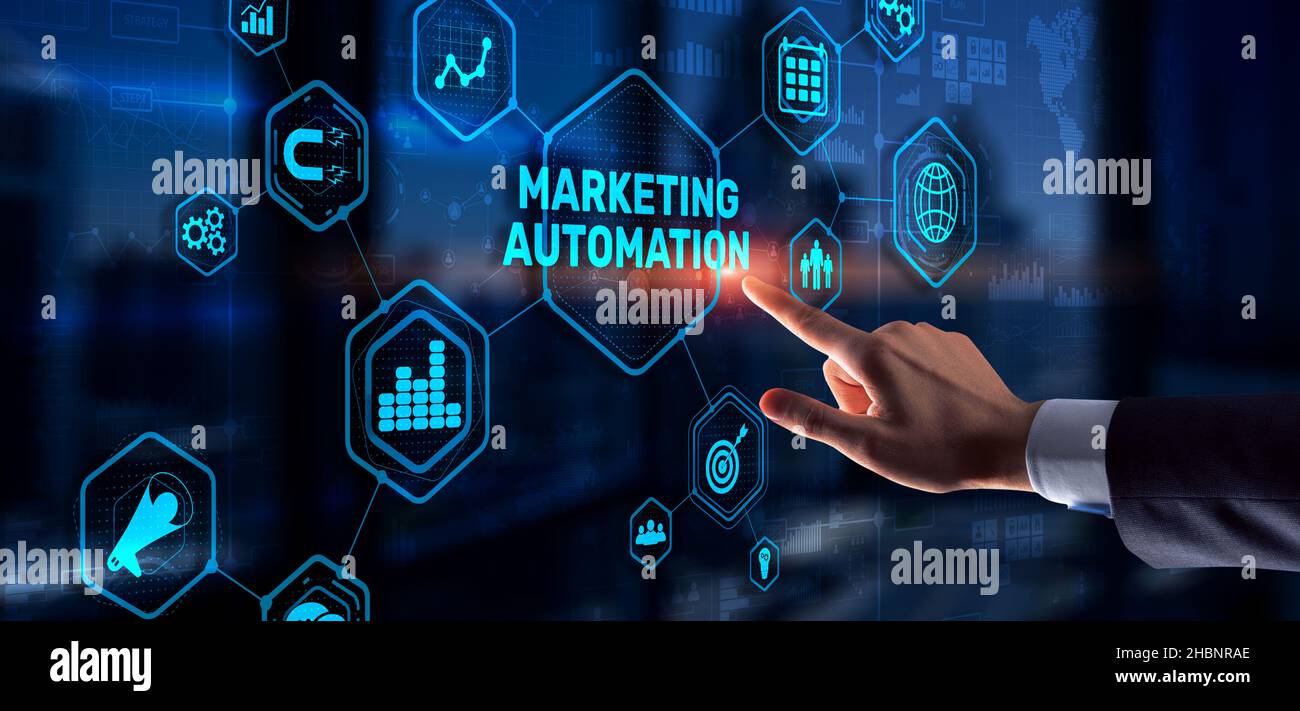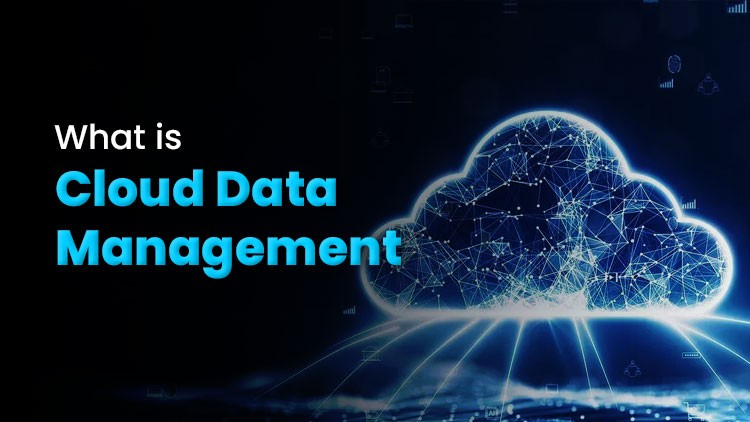1. Scalability and Flexibility
- Dynamic Scaling: Automatic scaling of cloud platforms with fluctuating resources due to varying needs, such as during the surge in traffic with campaigns or promotions during specific seasons.
- Global Reach: It makes it easier to run marketing campaigns across various geographies without building localized infrastructure due to cloud-based tools.
2. Centralized Data Management
- Unified View of Customers: Cloud services allow marketers to aggregate information from various touchpoints into a single platform and, therefore, provide a 360-degree view of customers.
- Real-Time Insights: With analytics in the cloud, marketers can monitor campaign performance, customer behaviors, and ROI in real-time.
3. Improved Collaboration
- Access Anytime, Anywhere: Cloud services allow marketing teams to collaborate from anywhere, thereby working on campaigns, sharing insights, and making updates from anywhere.
- Integration with Other Tools: Cloud platforms support easy integration with CRM, social media, and analytics tools, making for a well-rounded marketing ecosystem.
4. Cost Efficiency
- Pay-As-You-Go Model: Businesses only pay for the resources they use, thereby reducing the initial investment in infrastructure.
- Less Maintenance: The cloud provider updates, maintains, and secures the system, allowing marketers to focus on strategy and execution.
5. Automation and AI Integration
Advanced Capabilities: Marketing automation platforms often use AI and machine learning for:
- Personalize content based on customer preferences.
- Automate workflows such as email marketing, lead nurturing, and customer segmentation.
- Predict trends and customer behaviors for proactive marketing strategies.
6. Improved Customer Experiences
- Personalization at Scale: Cloud platforms process vast amounts of customer data to deliver highly targeted campaigns, which increase engagement and satisfaction.
- Omni-Channel Integration: Marketers can manage consistent messaging across email, social media, websites, and mobile apps from a single platform.
7. Speed and Agility
- Quicker Campaigns Deployment: Marketing campaigns can now be deployed swiftly, and do not require significant set-up time with cloud solutions.
- Campaign Optimisation: Adjust marketing campaigns immediately depending on data.
8. Better Security and Compliance
- Protect Customer Data: Top cloud hosting services provide complete protection for any data related to a customer and secure it via encryption and with various regulations including GDPR and CCPA.
- Periodic Back-ups: Automatic backup saves the user from losing crucial data.
9. Democratization of Technology
- Accessibility to All Businesses: Cloud-based marketing automation solutions are accessible to all sizes of businesses, so that SMEs can compete with larger businesses.
10. Future Trends
- IoT and Cloud: IoT-based marketing will be facilitated through cloud services as they can connect the devices and get real-time data to hyper-personalize campaigns.
- Edge Computing: Edge computing technologies will also help improve the speed and efficiency in the future with the development of the cloud.



No comments:
Post a Comment